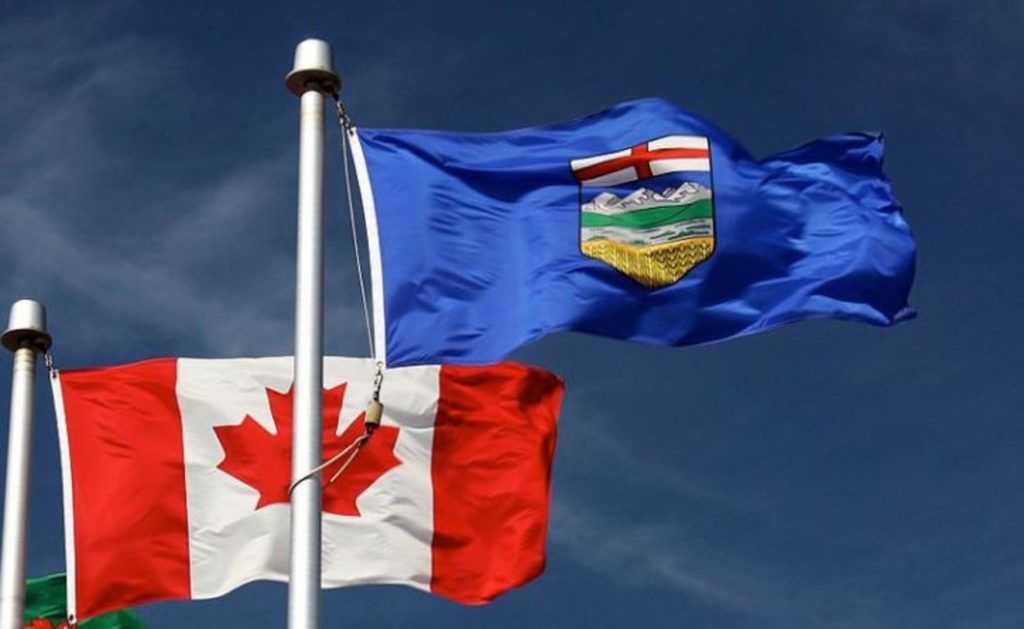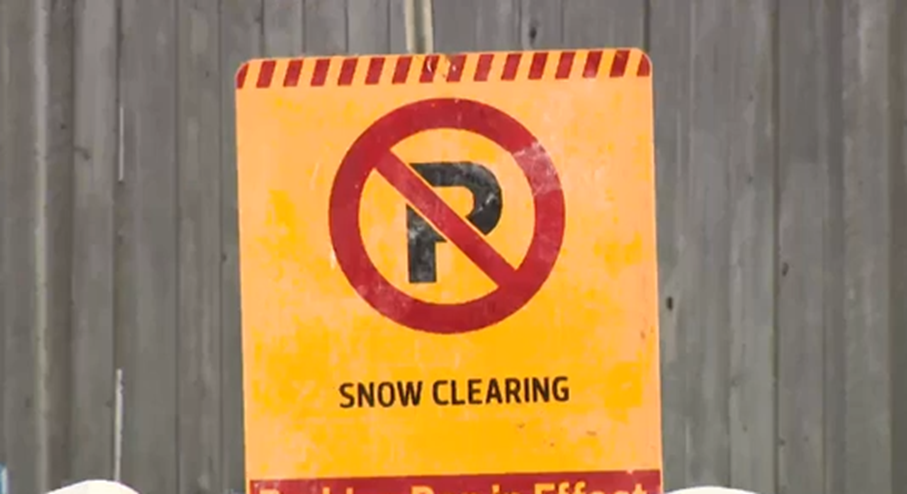Alberta separatism still has minority support despite resurgence in popularity: poll

Posted May 15, 2025 10:45 am.
Last Updated May 15, 2025 7:43 pm.
Alberta separatism and identity have returned to the headlines after the Liberals won the federal election late last month.
But, new data released Thursday from Leger shows the idea of Alberta going at it alone may not be as popular as it seems.
The survey collected data from 1,000 Alberta adults with varying ages, genders, languages, education levels and locations in early May. The polling firm says a wide range of people were asked the same questions in order to ensure a representative sample of the Canadian population.
When it comes to how Albertans identify, 44 per cent of those surveyed say they call themselves a Canadian first. On the flipside, 21 per cent of respondents say they primarily identify as Albertan. Thirty-two per cent identify with both equally.
Among those who identify as primarily Canadian, 60 per cent say they oppose Alberta and/or western separation. Those who put being Albertan at the forefront of their identity have higher support for separation at 45 per cent.
Respondents were also asked various questions about their support for different proposals on the future of Alberta and western Canada.
Support was highest for Alberta, Saskatchewan, British Columbia, and Manitoba forming an independent country; 35 per cent of those surveyed said they would be in favour of that.
The option with the next highest support was Alberta and Saskatchewan forming an independent country together, which got 30 per cent support.
Alberta becoming a country independent of Canada has support amongst 29 per cent of respondents, while Alberta becoming a U.S. state has 17 per cent.
Individuals who support independence or greater separation from Canada cite economic reasons (resource management, taxation, and federal policies) as their main motivation. Feelings of underrepresentation and the desire for self-governance are also pushing people to support the movement, according to the research.
Western alienation by Ottawa is often considered a strong factor in how Albertans feel about this subject. Leger says the majority of survey participants — 62 per cent — believe residents in other parts of the country don’t understand why some Albertans feel estranged from the rest of Canada.
Changes to Elections Act
The day following the federal election on April 28, Alberta’s government introduced a bill that would make it easier to start a citizen-initiated referendum — including one on separating from Canada.
Bill 54 proposes many changes to Alberta’s election rules. Among them is lowering the threshold for a citizen-led referendum to 10 per cent of people who voted in the last election. It would currently take 20 per cent of eligible voters.
The bill would also allow 120 days to gather those signatures — a boost from 90 days.
Premier Danielle Smith has said this bill was always going to come forward, regardless of the results of the vote, even though she made it clear her endorsement was behind Conservative Leader Pierre Poilievre.
“I believe in Alberta sovereignty within a united Canada,” Smith said at the time. “However, there is a citizen referenda process that if citizens want to put a question on a ballot and get enough of their fellow citizens to sign that petition, then those questions will be put forward. Again, I don’t want to prejudge what a question might be.”
Poilievre has also said he is against Alberta separating from Canada and wants unity.
Survey respondents were pretty slim on this with a near tie. Forty-two per cent said they agreed with the changes being made to the bill, 41 per cent said these disagree. Seventeen per cent of respondents said.








